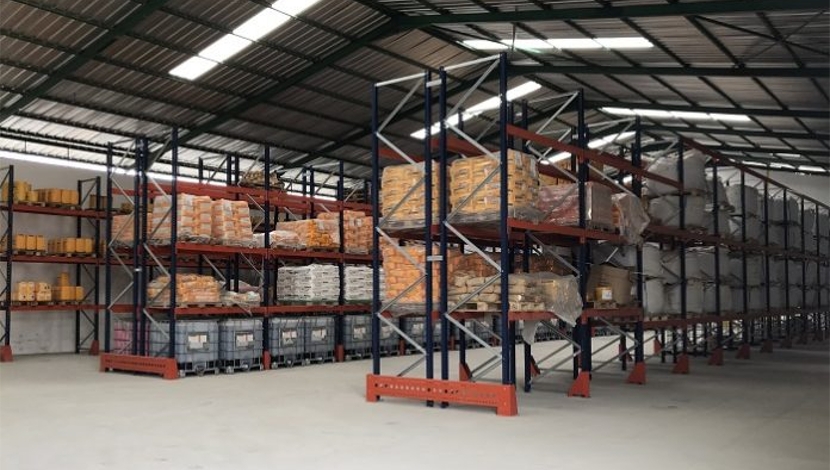
According to BCG, another advantage which some African companies have over multinationals, is their willingness to move up the “value chain” by investing in local manufacturing capability, amongst other things, given that Africa is a primary market for most African companies.
An example is Dangote Cement, Africa’s largest cement company based in Lagos. In 2002, Nigeria introduced its “backward linkages policy” (BIP) (pdf), which aimed to stimulate local production across various sectors—including the cement industry—by compelling importers and companies to build building local cement factories in Nigeria.
Dangote Cement was able to grab market share from “an experience multinational”, according to BCG, by simply building more cement plants—adding 18.5 million tons in cement production a year—compared to the multinational that could only add 5 million tons of cement production annually.
African companies also have the ability to develop products that are specifically suited for the income levels and tastes of the African market.
“MNCs often can’t justify the cost of developing new products for African markets and so may try to compete with offerings made for Westerners. What’s more, MNCs frequently reallocate their investment capital, weighing one geographic region against another,” says BCG in the report.





